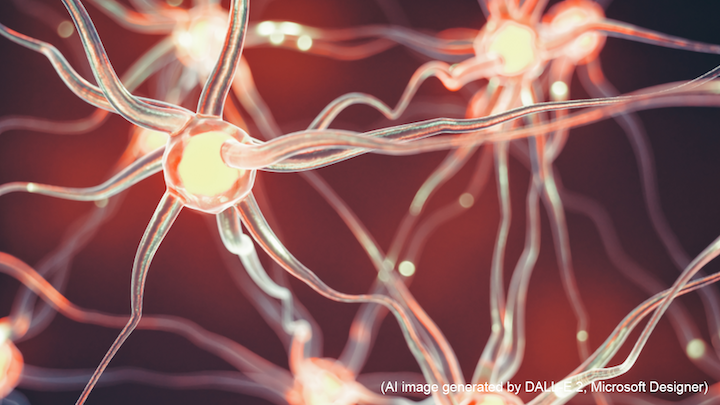#0064 Exposure to 1-bromopropane vapors during pregnancy enhances the development of hippocampal neuronal excitability in rat pups during lactation

How the Neurotoxicity of an Industrial Chemical Works
1-Bromopropane (1-BP) is a colorless liquid that is used extensively in manufacturing industries to clean metal, electronics and optical instruments, among others. It is known to adversely affect the neurons, liver, and reproductive systems of adults and animals but its role in the development of the central nervous system remains open to question.
To find an answer, my team exposed pregnant rats to 1-BP concentrated as either 0 parts per million, 400 ppm—which is the lowest level where harmful effects can occur—or 700 ppm. This allowed us to study the changes in the function and structure of the nervous system during the rats’ development, with a focus on their hippocampal CA1 region.
My team found that prenatal exposure to 1-BP supercharged the rats’ developmental enhancement of neuronal excitability—which is the ability of neurons to generate a large and rapid voltage change in response to minor stimuli—14 days after they were born, the day before they opened their eyes. This surge was linked to increases in an excitatory neurotransmitter responsible for firing off an action potential and a protein associated with epilepsy, particularly in the 700 ppm group. We noticed that after the rats had sexually matured, their hippocampus neurons lost their usual functioning.
We also discovered that the body weight of male and female babies were inhibited by as much as 12 percent in the 700 ppm group, whereas males in the 400 ppm group regained their body weight after initial inhibitions with no differences in female body weight as compared to the control group. While the 400 ppm group did not have serious defects in their appearance and sexual function, the quality of the connections between their neurons (called synaptic efficacy) and the neuronal excitability in the hippocampal CA1 region was affected.
Typically, eye-opening is the period where visual information is obtained and the neuronal activities that go with it take shape. Our results provide striking evidence that prenatal exposure to 1-BP increased neuronal excitability early in new-born rats without the simultaneous process of getting visual information, as if the neurons enhanced their function on their own. We recommend that the developmental enhancement of hippocampal neuronal excitability be investigated as this is likely to be augment even before any adverse effects appear otherwise.

Link to the original journal article:
https://onlinelibrary.wiley.com/doi/10.1002/1348-9585.12135
Title of the paper:
Exposure to 1-bromopropane vapors during pregnancy enhances the development of hippocampal neuronal excitability in rat pups during lactation
Authors:
Yukiko Fueta, Susumu Ueno, Toru Ishidao, Yasuhiro Yoshida, Yasunari Kanda, Hajime Hori




